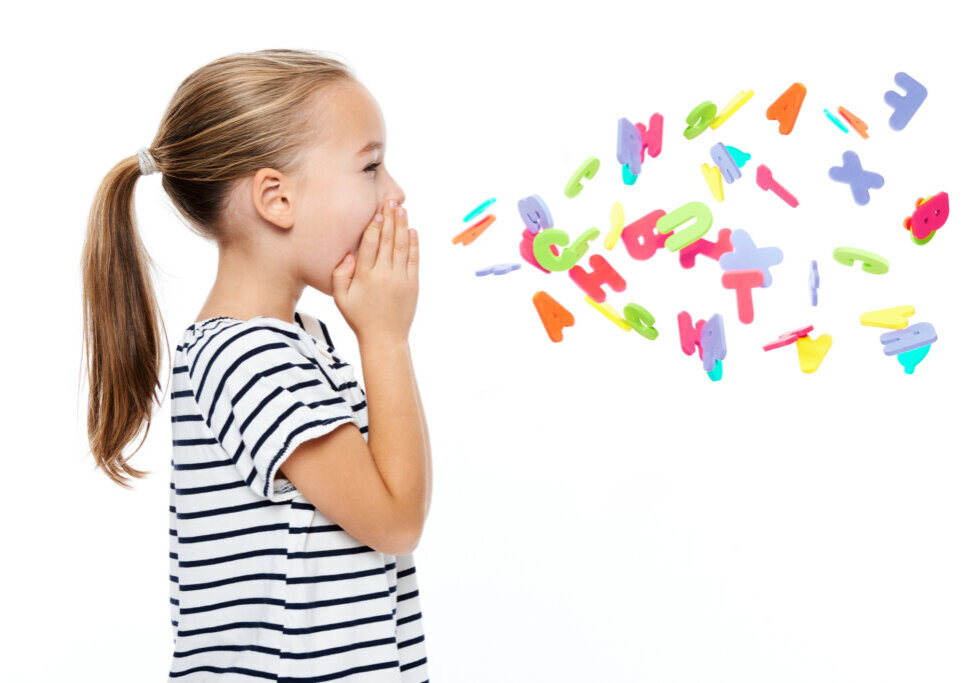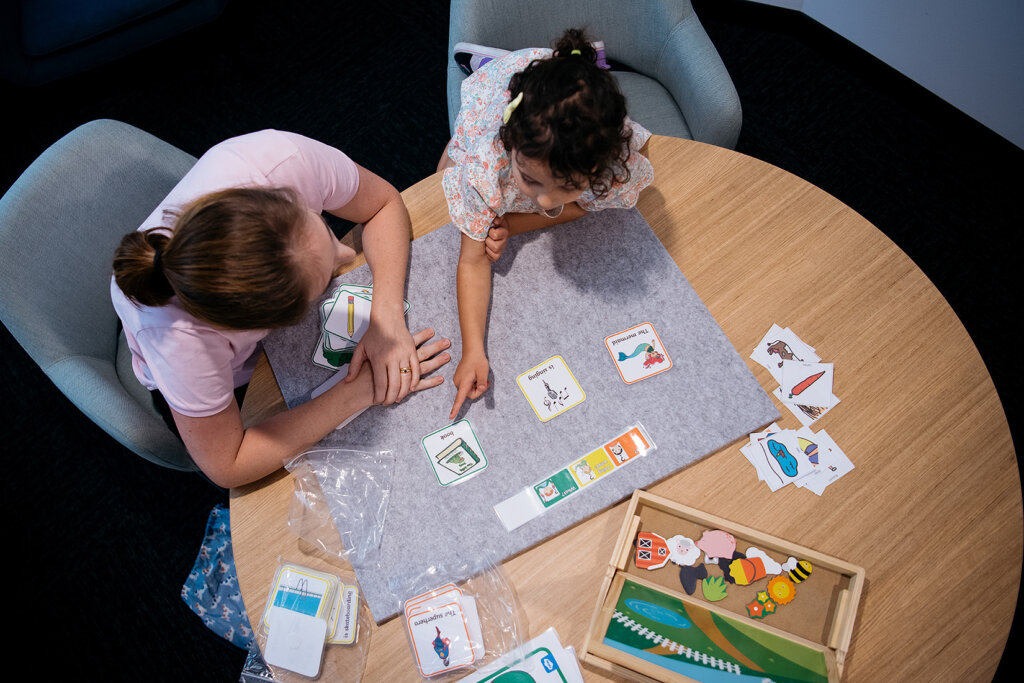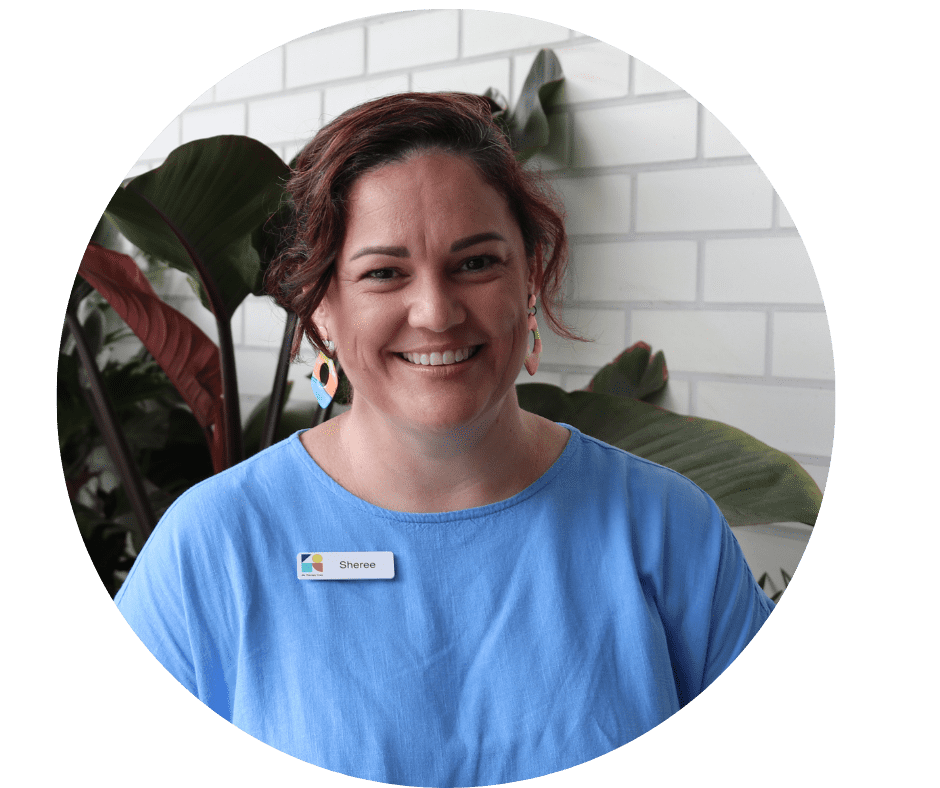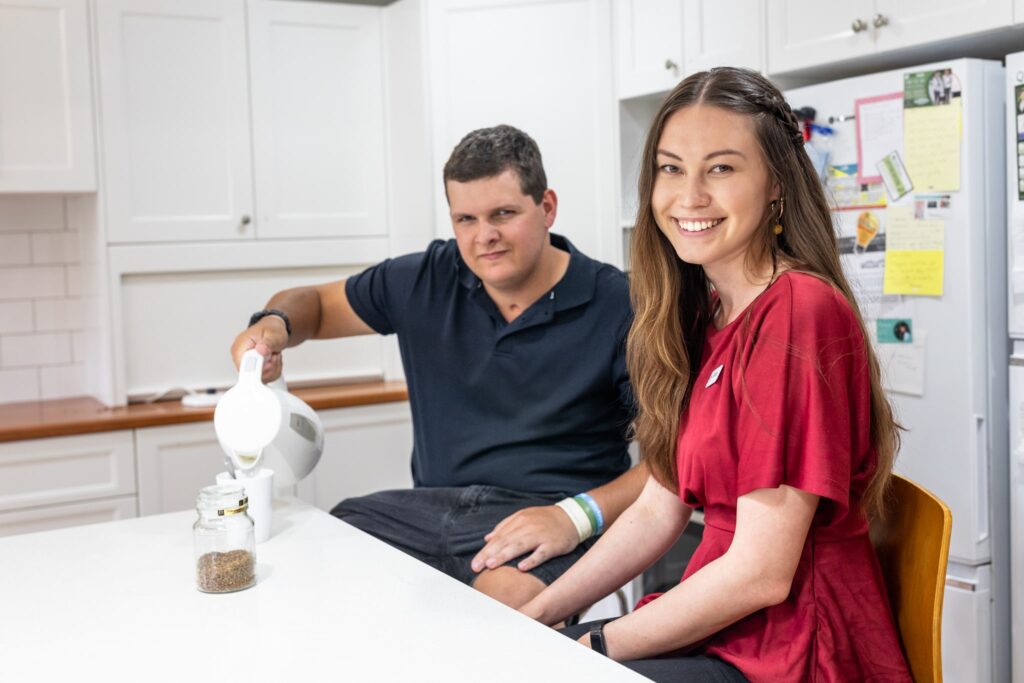The Power of Early Intervention: How to Help Your Child Thrive
Recent Posts

Speech and language development is a critical aspect of a child’s growth. For some children, speech therapy may be necessary to support their communication skills. Early childhood intervention speech therapy gives children with developmental challenges the support they need at a young age to overcome obstacles and reach their full potential.
The sooner these difficulties are recognised and managed, the more significant the impact on a child’s growth and quality of life. This blog post is designed to give you the information you need to decide on whether or not your child would benefit from early intervention.
How to Recognise Early Signs of Speech Delay
While each child develops at their own pace, there are some indicators that may suggest the need for early intervention. According to the NDIS, common developmental concerns include:
- Difficulty playing and socialising with others
- Challenges in expressing their needs or communicating effectively
- Limited speech sounds or vocabulary compared to peers
- Difficulty following simple instructions
When it comes to development, there is no ‘normal’ but below you will find a guide to help you determine if further evaluation is needed:
| Child’s Age | Common Developmental Milestones |
| 0-12 months | Coos and giggles, vocalises to express emotions. Says first words, tries to mimic sounds, and communicates using gestures. |
| 12-17 months | Uses 2-3 words to label people or objects, answers basic questions nonverbally, and has a vocabulary of 4-6 words. |
| 18-23 months | Asks for common foods by name, begins making animal sounds, uses pronouns, and has a vocabulary of up to 50 words. |
| 2-3 years | Can answer basic questions verbally, understands descriptive words like “big” or “happy,” knows spatially descriptive words like “on” or “in,” and begins to use plurals and past tense. |
| 3-4 years | Can group like objects together, identify colours, use more consonants with understandable speech, express ideas and feelings, and repeat sentences. |
| 4-5 years | Answers “why” questions, describes how to do things, and can list items in a given category. |
| 5+ years | Understands time-related concepts, recognizes rhymes, engages in conversation, and uses imagination to create stories |
Remember, your child doesn’t need a diagnosis to get early intervention help; however, seeking advice from a paediatrician, speech pathologist, or early childhood educator is a good idea. They can help you decide if early intervention is needed.
What Are the Benefits of Early Intervention Speech Therapy?
The Speech Pathologists at My Therapy Crew support clients with communication and mealtime difficulties. This means they can help with difficulties speaking, correctly articulating speech sounds, understanding others, holding fluent and meaningful conversations as well as reading and writing. As mentioned before, the earlier intervention begins, the better the outcomes. Here are three good reasons to start your child’s speech therapy early:
- Improved Communication: Early intervention targets speech delays early on, helping children develop clearer communication, which is crucial for academic and social success.
- Enhanced Social Skills: As children improve their speech, they are better equipped to interact with peers, boosting social confidence and emotional well-being.
- Prevention of Future Challenges: Without intervention, speech delays can lead to further academic and social difficulties later in life. Early therapy minimises these risks, helping to foster smoother transitions into school.

What Happens During Speech Therapy?
A speech pathologist will first conduct an assessment to understand your child’s specific needs. Therapy may involve:
- Speech sound activities: These can improve pronunciation and sentence formation.
- Language development activities: Therapists help children expand their vocabulary and use longer, more complex sentences.
- Parent coaching: Speech therapists often work closely with parents, teaching strategies to support ongoing development outside of therapy sessions.
Is Your Child Eligible for the NDIS Early Intervention Speech Therapy?
If you have concerns about your child’s speech or communication development and they are under six, the first step is to discuss these concerns with a professional who knows your child well. This could be their doctor, early childhood educator, or child health nurse. If the health or education professional agrees there are developmental concerns, you can access support through the early childhood approach without needing a formal diagnosis.
Children who are eligible for early intervention for developmental delay are usually no longer eligible after they turn 6 years old. However, your child may remain eligible if they meet the disability requirements, early intervention requirements or both. To meet the disability requirements, a child must have an impairment that is likely to be permanent.
Many parents have told us that the guidance our speech pathologists provide is life-changing, helping their children to better express their thoughts and confidently interact with others. If you are concerned about your child’s speech or language skills, don’t hesitate to reach out to My Therapy Crew, you can call us on 07 3139 1202, email us at admin@mytherapycrew.com.au or fill out our contact form below:
Information taken from: NDIS, NDIS Guidelines & Stanford Medicine
Learn more about our Speech Therapists.

Speech Therapist

Speech Therapist

Speech Therapist

Speech Therapist






